Struggling to Meet a Deadline? Japan's Manuscript Writing Cafe is Here to Help
A cafe in Japan helps writers overcome their procrastination.

Send us a link
A cafe in Japan helps writers overcome their procrastination.

In the light of CCCs acquisition of Ringgold last week, three Chefs, Phill Jones, Roger Schonfeld, and Todd Carpenter reflect on the motivations for the move and its implications for PIDs and organisational identifiers.
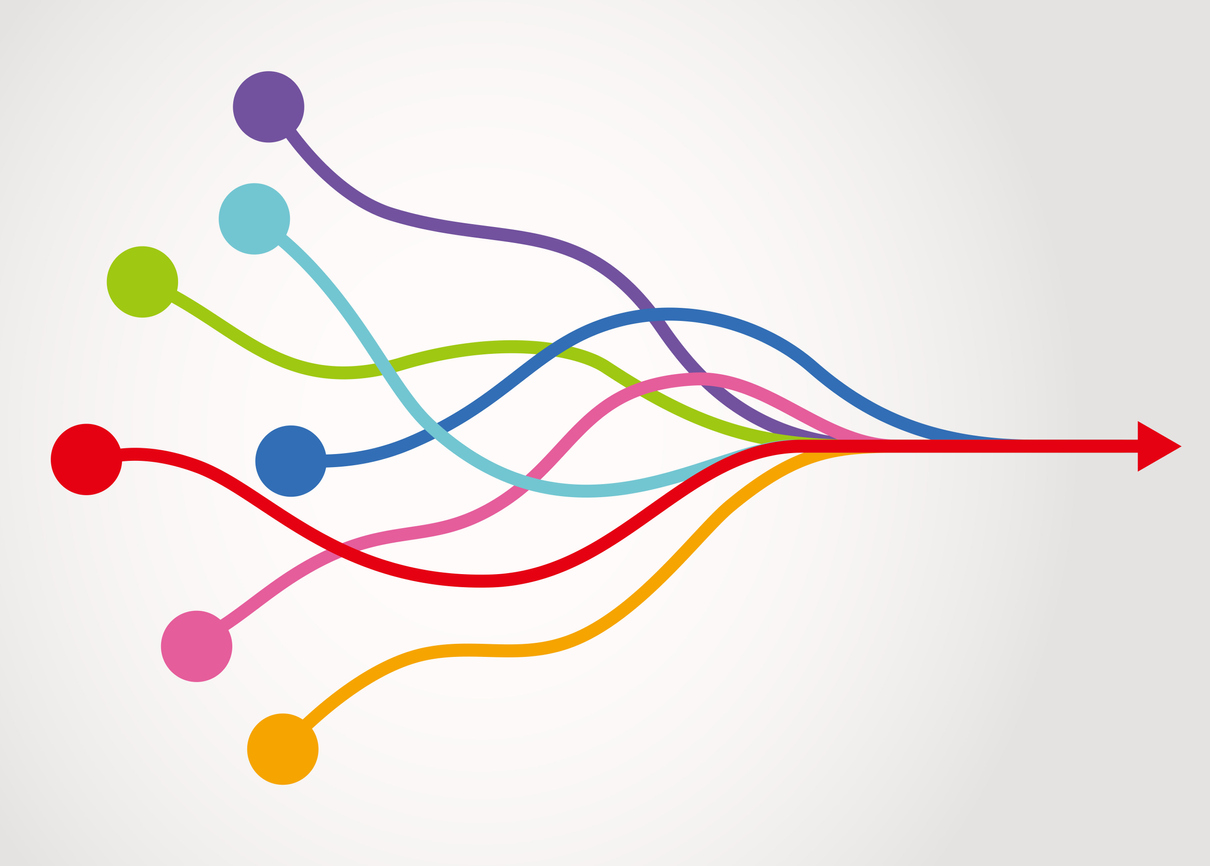
This post offers recommendations for how funding agencies and research institutions can better lead the change toward open access.

This post looks at the progress that's been made toward open research data -- what's been achieved, what still needs work, and what happens next?
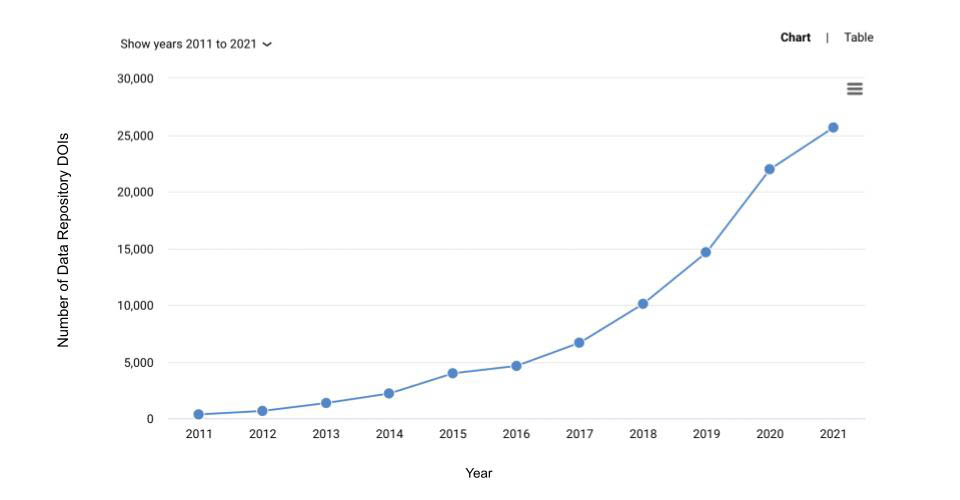
An interview that offers a discussion on the role of peer review in uncovering scientific fraud from the perspective of a historian of science.

Report on the recent SSP Publisher-Funder Task Force closed forum of funders, publishers, librarians and academics, who met to discuss how collaboration among stakeholder groups may accelerate a transition to open research.

Review of a webinar featuring several key players in implementing Plan S, asking what lessons have been learned?
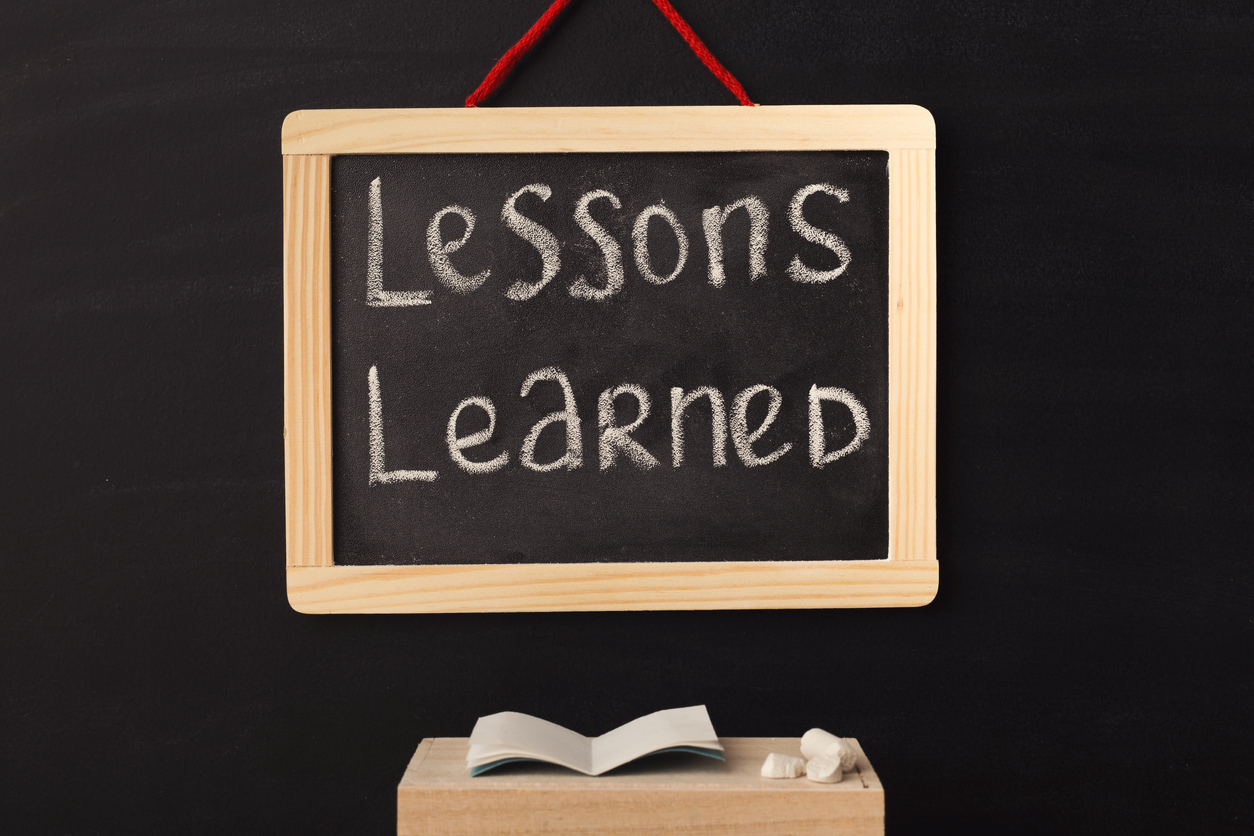
ASAPBio offers set of principles and guidelines for preprint feedback.
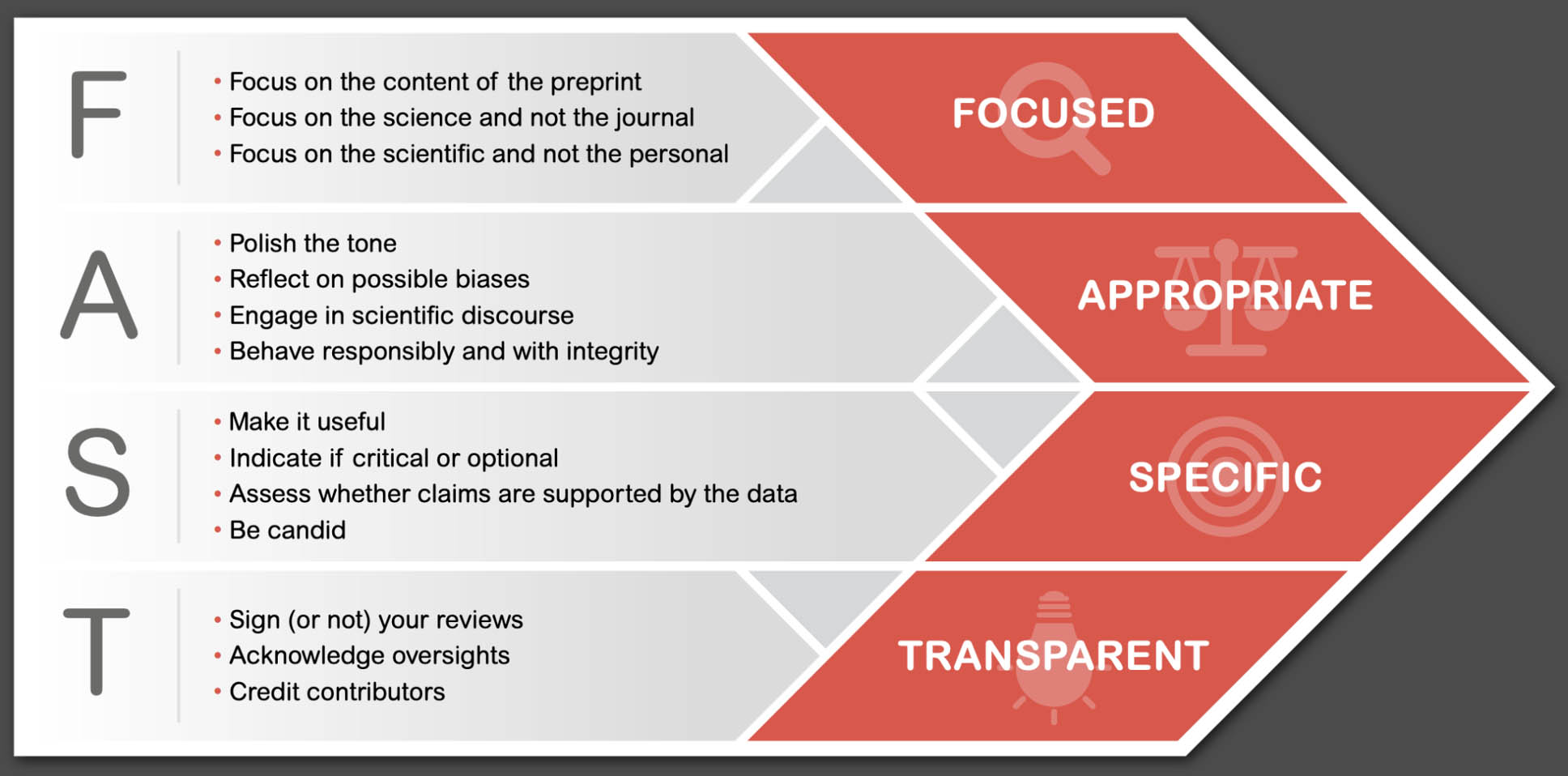
Richard de Grijs comes to grips with his field's use of potentially offensive language.

This author offers lessons learned from year of running an online conference in 2021, designing a hybrid conference for 2022, and observing what event providers have offered and delegates have experienced.

A report on the SSP Publisher-Funder Task Force's meeting of senior researchers, university administrators, funders, publishers, and representatives from other organizations on the topic of Responsible Research Assessment for the 21st Century.
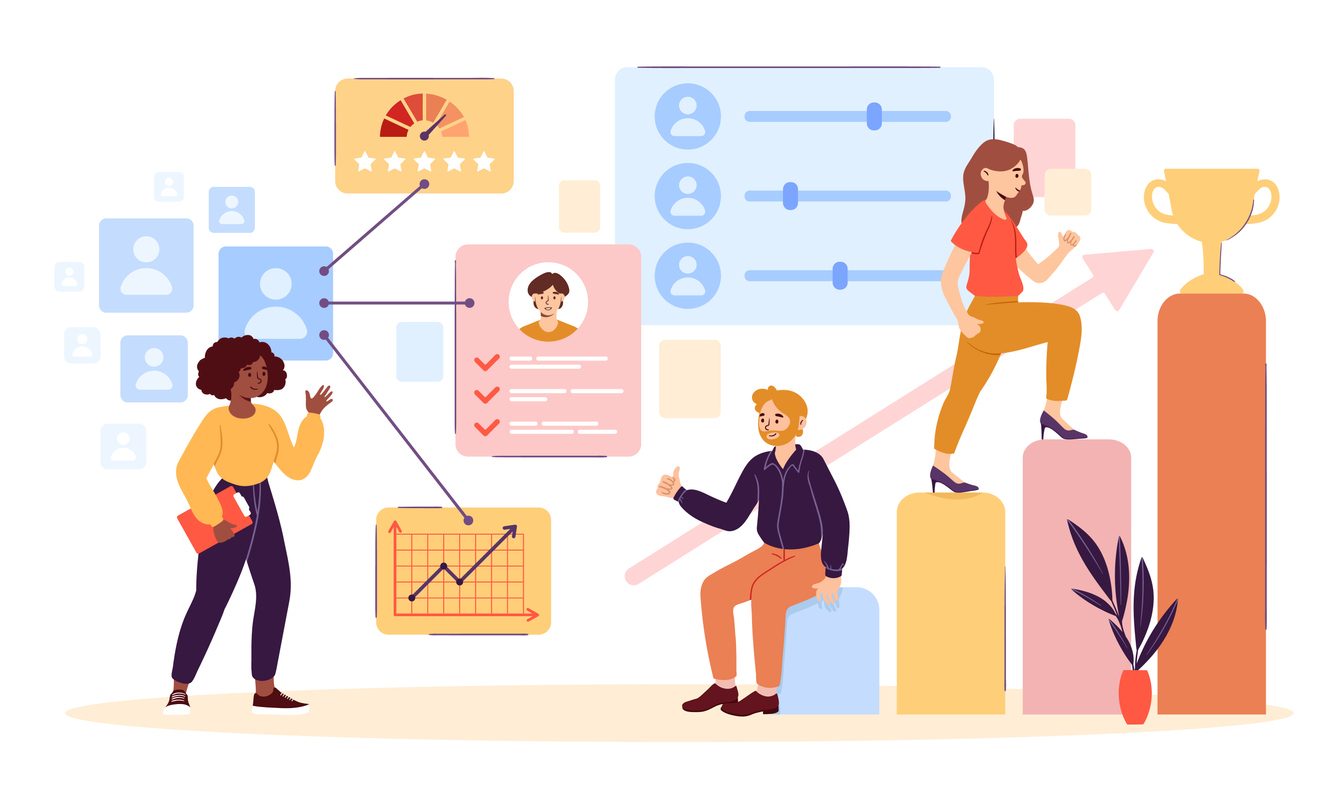
This post describes a new research project which will look at the impact of open access on print monograph sales, particularly in light of the free access provided early in the COVID-19 pandemic.

After becoming a Scholarly Kitchen Chef back in July 2019, I have never stopped being amazed by the numerous dynamic issues and developments that scholarly publishing is dealing with. As a biologist by training, 'diversity' is the word that comes to mind.

Does today's news of Wiley etc. syndicating to ScienceDirect mean Elsevier is developing a supercontinent to compete with ResearchGate and Google Scholar?
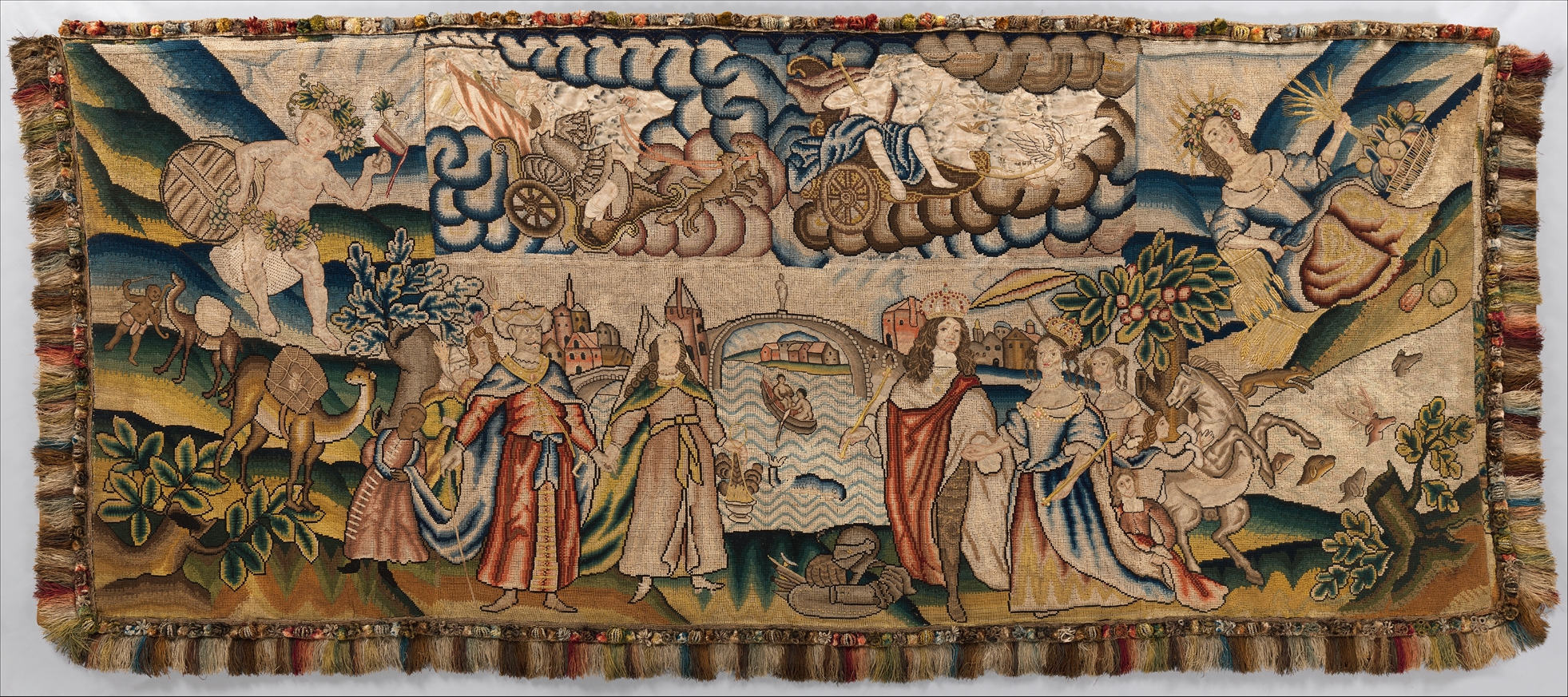
Members of the OCLC Research Team discuss their project examining changes to library work, collections, and engagement experiences and how they will lead to the future of libraries.

What can research societies do to improve accessibility and equity in Open Research? Haseeb Irfanullah suggests ways we can transform our outlook and efforts.
The last few years have been a period of rapid market consolidation in scholarly publishing. Here, a look at the ongoing demise of the independent research society publisher, as more and more continue to sign on with larger publishing partners.
Springer Nature has published 1,000,000 open access articles. Steven Inchcoombe discusses what they've learned during this process, and what it means for the future of open access.
Twice a year, members of the Research Data Alliance come together for a plenary meeting that brings together active working groups, interest groups, and communities of practice. Phill Jones virtually attended the 18th plenary from the comfort and (COVID) safety of his home office. These are some of his observations about research infrastructure, data standards and persistent identifiers.
A look into the value of providing plain language summaries in research papers, and the standards created for doing so.
A look at the NASIG Digital Preservation Policy and a request for comments.
Sarah Ketchley and Lindsey Gervais discuss the value offered by programs in the digital humanities.
Manuscript Exchange Common Approach (MECA) committee members champion the benefits of standardizing the transfer of papers between journals.
Part 2 of this series looking at open access developments in Canada examines the changing processes and infrastructure needs for open science.
A look at open access policies and developments in Canada, especially in light of the Covid-19 pandemic. Part 1 of a 2 part post.
This post is a conversation between Katy Alexander and Sylvia Hunter about job hunting with a disability in the publishing industry.
Openness and politicization together have enabled public trust in science to erode. And science is insufficiently trustworthy. The scholarly communication sector must not ignore this situation.
Victoria Ficarra and Rob Johnson offer insights into the new UKRI open access policy.
Why aren't libraries providing support for your open access or open science initiative? Be careful what you assume.